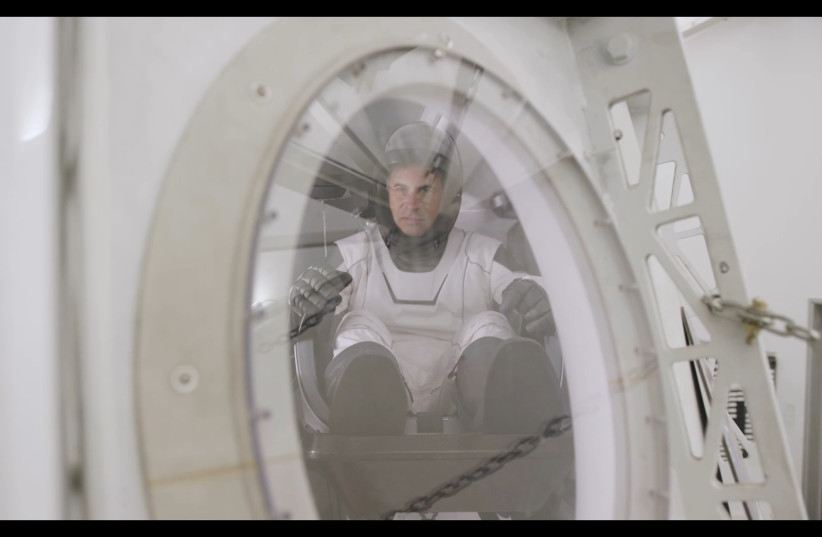Israel's second astronaut Eytan Stibbe, who launched into space on Friday, will read the children of Israel a story from the space station in the morning of April 13.
Stibbe will read Paul Kor's book What a Beautiful World in Hebrew and Arabic, which was given to kids in kindergartens that participate in the PJ Library program and its Arab equivalent, both of which are funded by the Greenspoon Foundation.
In order to enable Stibbe to carry out this task, a special edition of the book was published for him which is 20% smaller than the regular version so that it would meet the requirements of the American Space Agency.
Stibbe will read the book after saying some opening words about his mission in space. The broadcast of the reading will incorporate images from the book. When he finishes, a number of space- and science-related activities will be made available to the kindergarten teachers for the children.
"The choice to read the book to Israel's children from space has a deep and broad reason," said Greenspoon CEO Andrea Arbel. "In order for the future generation to make groundbreaking achievements, we must invest in orientation from a young age. This is the low-tech on which the high-tech will be based, and in every place, including from the space station, we see every girl and boy in Israeli society and work towards their development and success."

Stibbe's space mission, which launched on Friday after being delayed twice, will last for 10 days, during which he will conduct 35 experiments selected by Israel's Science and Technology Ministry and the Ramon Foundation.
